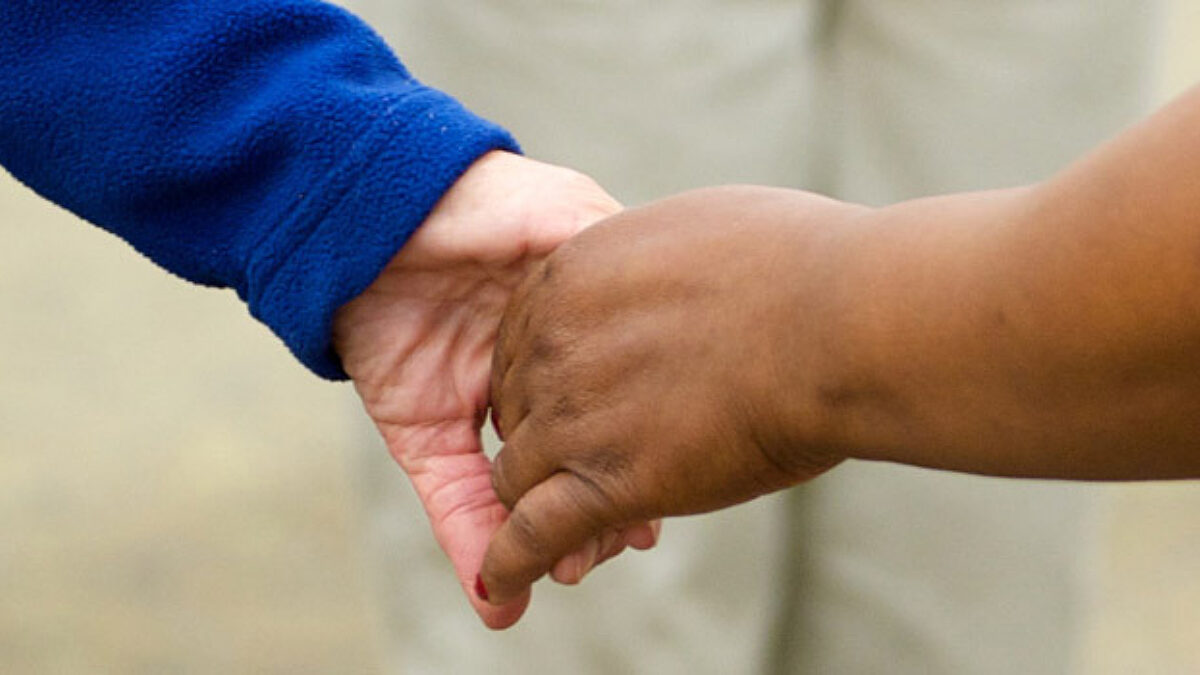
Advocate S.C. Stories of Racial Awakening Project: Narrative 1
My rude awakening
By Anne Bonnette Harmon
Editor’s note: The following is the first narrative accepted for publication in the Advocate’s new South Carolina Stories of Racial Awakening Project. The Advocate will select up to 10 narratives to be published in the Advocate, one a month for 10 months. See guidelines here.
I am a 74-year-old white woman. In 1961, I had a rude awakening.
I am a native South Carolinian (Georgetown) and had never gone to school with African Americans. Only white girls attended my alma mater, Winthrop College. The summer after my sophomore year, I worked as a camp counselor at a Jewish girls’ camp in upstate New York. There were counselors and kitchen workers from Oberlin, Princeton and other northern colleges. In the evenings, we would gather to discuss the world’s problems and stuff ourselves with leftover desserts. I was confronted with questions about segregation, which I defended at the time.
Those questions, however, started my conversion, and I began to realize that maybe I was wrong.
I had grown up in the segregated South, and while my family was never mean or ugly to our black neighbors, it was assumed by everyone that whites were superior. I remember as a child wondering what would happen to me if I drank from the “Colored” water fountain in Belk’s Department Store. I observed the black Christmas parade and was told that the band’s uniforms were hand-me-downs from the Winyah High School band.
My dad was an area supervisor for South Carolina Vocational Rehabilitation, and he worked with disabled blacks and whites. He told us of some of the injustices and poverty that he saw as he made his rounds of Georgetown, Horry and Williamsburg counties. The poverty he described was almost unbelievable—little children wearing only a shirt and no diaper, that sort of thing. When Fritz Hollings did his tour of the Lowcountry and exposed the poverty he found, it was no surprise to my father.
I remember black girls picketing outside the fence at Winthrop, carrying signs that said “This is the South Carolina College for Women. We are women, too.”
Hmm. Maybe they have a point, I thought.
I remember my minister saying blacks would not be welcome in his church. My mother responded, “I thought this was God’s church.” (That may have been the beginning of his racial awakening; he became a friend of many African Americans.)
Then I married Sam, a divinity student at Duke. He told me about two of his professors who were arrested for participating in a lunch counter sit-in in Chapel Hill. While Sam was a seminary student, he served two tiny churches in the Durham area. One morning in a sermon, he mentioned the name of Martin Luther King, and one man stopped coming to church for six months. It was interesting to be exposed to what was being said at the seminary and, on the other hand, to listen in on the conversations of the people in those two churches.
While we were in Durham, I taught in a nearby high school. The mid-1960s were when “freedom of choice” was supposed to be the answer to the Supreme Court’s order to desegregate public schools. Two black teenagers were in my classes. They suffered insults from white students, and one of them actually lost his hair. I remember sending him on an errand one day so I could lecture the class on loving kindness. The vitriol was appalling.
In the early 1970s, Sam accepted several young black men from Nigeria as members of our church in Rock Hill. They were attending Friendship Junior College and had been converted to Christianity by Methodist missionaries. The day they joined the church, four choir members got up during the service and walked out. That afternoon Sam received a call from somebody—anonymous, of course—who threatened to burn down the church.
You can imagine that, by this time, both of us had seen enough to be convinced that South Carolina, as well as the rest of the country, had a long way to go toward racial harmony and equality. I could tell more stories, such as the fury in West Columbia and Cayce in the 1990s over resettling Bantu refugees in Cayce. Because of his stand on that issue, Sam received a phone call from someone who told him he might be in danger and should watch out.
We were happy when Barack Obama became president of the United States but have been appalled by the way he has been treated. The story goes on and on, to the point that now there are those who are determined he has no right to appoint someone to the Supreme Court.
God help us all.
Harmon is a member of Cayce United Methodist Church, Cayce.